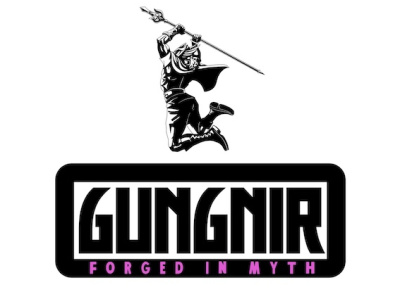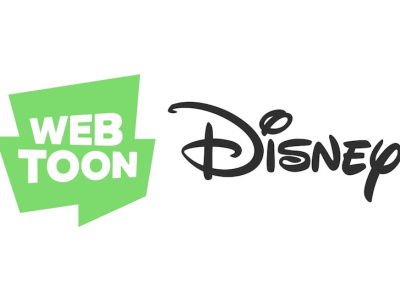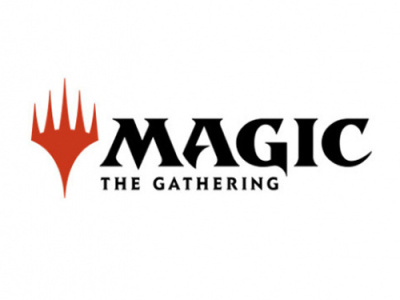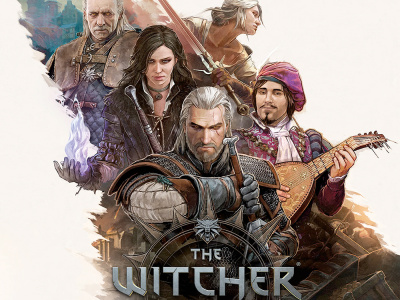
You said at GenCon that the TCG category was 'fragile.' What specific risks do you see?
The one thing all TCG's have in common is the need for a strong group of early adopters to both evangelize the product and give casual gamers the ground floor of a playing community. Without the support of these 'alpha gamers' (many of which are hobby shop owners and tournament organizers) the gaming community will not develop and the casual gamer will be unable to find people to play and trade cards with. One of the biggest challenges for any company that wants to create successful TCG's is ensuring that this gaming community develops on a level that allows consumers to quickly and easily find other people to play with.
When I say the TCG category is fragile, I am referring directly to the tricky nature of this game support community and the time, effort and expense required fostering and growing this base. Every time X, Y and Z Company grabs an anime license and rushes a product to market in an effort to capitalize on a hot Cartoon Network show, they do a disservice to the category. Because every consumer that buys into a product from a publisher unwilling to invest in building a gaming support community will eventually find themselves the proud owner of worthless cards for a worthless game that no one plays. And every time this happens we run the risk of this disenfranchised gamer leaving the TCG category. We cannot afford this consumer erosion.
You also said that Upper Deck was going to be devoting new energy to 'stewardship of the TCG category.' What did you mean?
As I mentioned in your first question, investment level spending in the gaming community is absolutely critical to a successful and thriving TCG category. Upper Deck has committed to aggressively supporting the TCG category with serious and casual level tournament programs. It's this intense level of commitment to organized play that creates the robust community you see online and in the card and game shops day in and day out. And this investment in the category doesn't stop with a 'Pro' tour; it includes everything from TV ads for Yu-Gi-Oh! preview tournaments to hobby league kits for VS. It's simply not enough to capitalize on the awareness of a license to sell a few cases of product, then abandon it. Publishers must create the drivers that draw in new TCG consumers and keep the ones we already have actively playing.
We learned a hard lesson with Shaman King, a great game design and a cool IP with hardcore fans; unfortunately the TV show underperformed and was canceled. This was a reality Upper Deck had no control over and we were put in a difficult spot, we were forced to cancel the game and disappoint a small group of Shaman King TCG fans. This sort of scenario is exactly what we believe is fracturing and eroding the consumer base for the category, so we decided that in the future most licensed TCG products from Upper Deck will live on one of several 'gaming platforms.' The VS. system is a great example of a successful gaming platform; it has robust IP's (Marvel and DC) that offers compatibility and the insurance that the long term health of the game is not totally dependent on one license. We are incredibly proud of the success the VS. system has created, and I think it speaks volumes to the commitment and ingenuity of the Upper Deck Entertainment team. This team will also continue to refine and evolve the VS. platform, so the game play experience remains fresh and exciting.
What role does the hobby channel play in that stewardship?
The hobby channel plays a critical role in the overall health of the TCG category. Again I have to refer to the idea of community; without the hobby channel there is no catalyst for the gaming community. I remember driving store to store buying beta Magic product and striking up conversations with other customers trying to find people to play the game with. Without this meeting place my interest in that game would have come and gone quickly, but luckily I lived near game shops that saw the potential of league nights and dedicated gaming tables. And I ended up an active part of this new gaming community buying tons of products and meeting some of my best friends.
Earlier this year, Upper Deck announced that it would be ensuring that shipments of game products sold in both hobby and mass channels would hit the hobby channel first. Is that part of Upper Deck's new over-all strategy of category stewardship, or was that done for other reasons?
This is absolutely part of a strategy to support and help the hobby channel to grow and develop stronger ties to its customers. The last thing we want is a nurtured hobby channel consumer driven to big box retailers because of product availability. There is no value for Upper Deck in hobby channel consumers purchasing product at retailers that don't actively engage in driving that consumer deeper into the TCG community.
Upper Deck recently re-tooled its organized play for Yu-Gi-Oh!, in part to address concerns that the organized play programs for mass merchants was superior to the one for the hobby channel in some ways. How do the changes in organized play fit into the over-all change in Upper Deck's strategy toward the category (also, I know the new kits were scheduled to ship last month--did they actually ship?)?
Konami and Upper Deck's Yu-Gi-Oh! organized play offerings are very robust at this time. We offer everything from Judge Certification to Regional Championships to Shonen Jump Championships and the Duelist League.
Earlier this year, Konami and Upper Deck decided that one of our programs was not up to our standards -- the newly created Yu-Gi-Oh! Hobby League. Essentially the promo cards in the kits were not desirable enough -- so we pulled the kits off the market and completely revamped the contents. Yu-Gi-Oh! is the best selling trading card game in the world and we felt it deserved a top-notch league. In order to make the new Yu-Gi-Oh! Hobby League the absolute best program we could, we added a ton of new items, including deck boxes, shirts, new promo cards, new scorecards, etc.
To ensure a simultaneously worldwide release, we'll be re-launching the program in November of this year. Konami and Upper Deck work very hard to update the content continuously to ensure that the Yu-Gi-Oh! Hobby League is the best league in the business.







